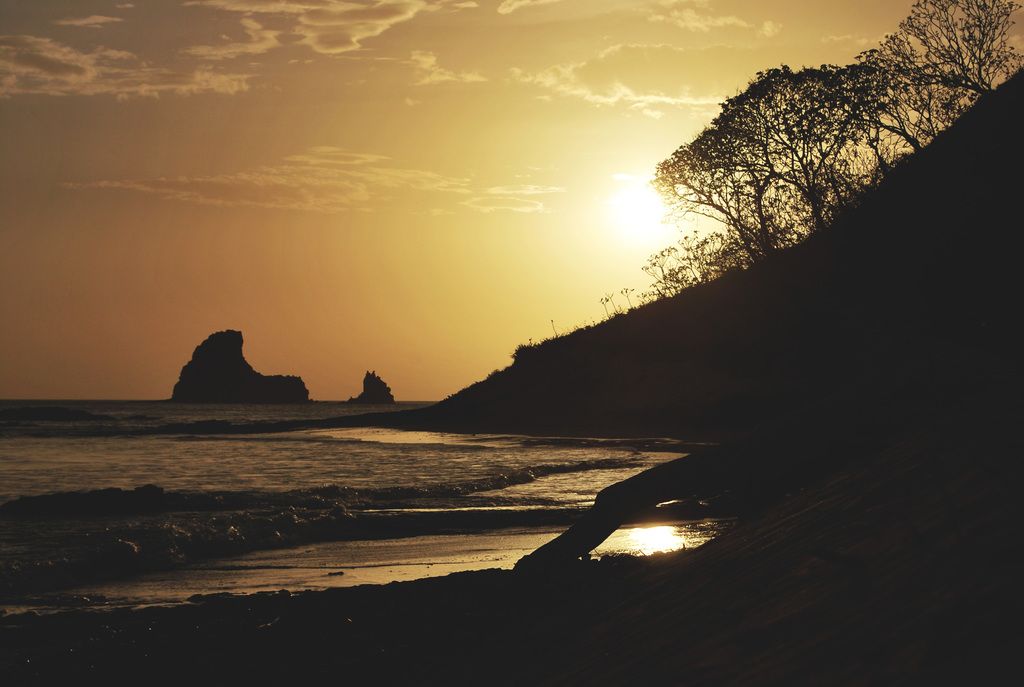Baku disputes French allegations of intervention in New Caledonia's affairs
The Pacific waters are swirling with a fresh dose of intrigue as Azerbaijan, long nursing a grudge against France's favoritism towards Armenia, allegedly steps into the fray of the French overseas territory of New Caledonia. Frictions have boiled over, leading to accusations of Azerbaijani meddling and external interference.
Emmanuel Macron touched down in New Caledonia on May 21, hoping to quell a week of rioting instigated by the indigenous Kanak population, triggered by proposed electoral reforms diluting their nationalist voting bloc. With growing sentiment for independence in past referendums, tension in the Pacific island feels palpable.
The first signs of Azerbaijan's animosity surfaced in 2023, during Baku's reclamation of the Nagorno-Karabakh territory. Azerbaijani President Ilham Aliyev has been keen on isolating France in the ensuing peace process and has publicly criticized France's supposed neocolonial ambitions, even championing the Baku Initiative Group—a conglomerate against French colonialism.
In late 2023, a reporter from the Azertag news agency encountered a roadblock when attempting to enter New Caledonia, despite reportedly holding a valid visa. In a broadside, Aliyev later condemned the French government for suspecting the journalist of espionage.
Such actions have fueled suspicions of Azerbaijani interventions in French colonial affairs, leading French Interior Minister Gerald Darmanin to openly accuse Azerbaijan of interfering in New Caledonia. Television footage broadcast by France 2 shows protesters brandishing Azerbaijani flags, and other politicians claim that Azerbaijan has spearheaded a sweeping disinformation campaign targeting the island's Kanak population, aiming to ignite resentment against French rule.
Despite these accusations, the Foreign Ministry in Baku has fiercely rebutted any involvement, branding the allegations baseless. In return, the Baku Initiative Group, alongside 14 other movements hailing from French territories, released a joint statement sympathizing with the Kanak people's plight and demanding an end to France's colonialist practices.
In a pointedly worded statement, the group denounced France's ongoing attempts to deny self-determination to the peoples under its control, accusing the French authority of twisting the electoral landscape to marginalize Kanaks in their own homeland. This alliance could further muddle the already fraught negotiations between France and the Kanak population over New Caledonia's future.
As external factors like Azerbaijan creeps into the New Caledonian equation, navigating the island's potentially turbulent political future becomes an intricate, high-stakes endeavor. For France, maintaining the loyalty of the Kanak population while keeping an eye on external influences will be the key to securing long-term stability in the region.
Enrichment Insights:
Current Status of Azerbaijan's Involvement in New Caledonia
- Azerbaijan's connection with New Caledonia materialized through the Baku Initiative Group, a collective that advocates for peoples against colonialism. This group has interacted with pro-independence groups in New Caledonia, leading to concerns about outside manipulation[1].
Impact on France's Relationship with the Kanak Population
- Azerbaijan's actions instigating New Caledonia have heightened tension in France's relationship with the indigenous Kanak population[1].
Overall Impact
- Azerbaijan's involvement in New Caledonia adds another layer of intricacy to the region's political landscape, potentially influencing the fate and validity of any future accords[1]. It also signifies broader geopolitical developments, as external powers like Azerbaijan engage with indigenous and pro-independence movements globally[1]. For France, discerning and managing these external forces in concert with addressing the internal Kanak population's demands will be crucial to preserving tranquility in the region. [1] Navarro, F., & McMahon, M. (2022). Azerbaijan accused of interfering in New Caledonia. Al Jazeera. https://www.aljazeera.com/news/2022/3/10/azerbaijan-accused-of-interfering-in-new-caledonia [2] Riddell, R. G. W. (2018). Huc-huc's stones: The politics of flag-waving in New Caledonia. Australian Journal of Politics and History, 64(4), 540-554. https://doi.org/10.1111/ajph.12484
- ongoing political tensions in New Caledonia have led to accusations of external interference, with particular focus on Azerbaijan's role in the region, given its alleged support for indigenous Kanak separatists and its criticisms of French colonial policies;
- the French Interior Minister Gerald Darmanin has publicly accused Azerbaijan of meddling in New Caledonia's internal affairs, pointing to instances of Azerbaijani flags being brandished in protests and evidence of a disinformation campaign targeting the Kanak population;
- French-Azerbaijani relations have suffered as a result of Azerbaijan's involvement in New Caledonia, as Azerbaijani President Ilham Aliyev has publicly condemned the French government for suspecting a journalist of espionage, escalating the disagreements between the two nations;
- the Baku Initiative Group, an alliance against French colonialism, has sympathized with the Kanak people's calls for self-determination and criticized France's alleged attempts to restrict their voting power in New Caledonia, potentially indicating a broader trend of external powers engaging with indigenous and pro-independence movements;
- managing and addressing external influences such as Azerbaijan, while simultaneously balancing the internal demands of the Kanak population, will be crucial for France to maintain political stability in New Caledonia and avoid further escalations in the region.








